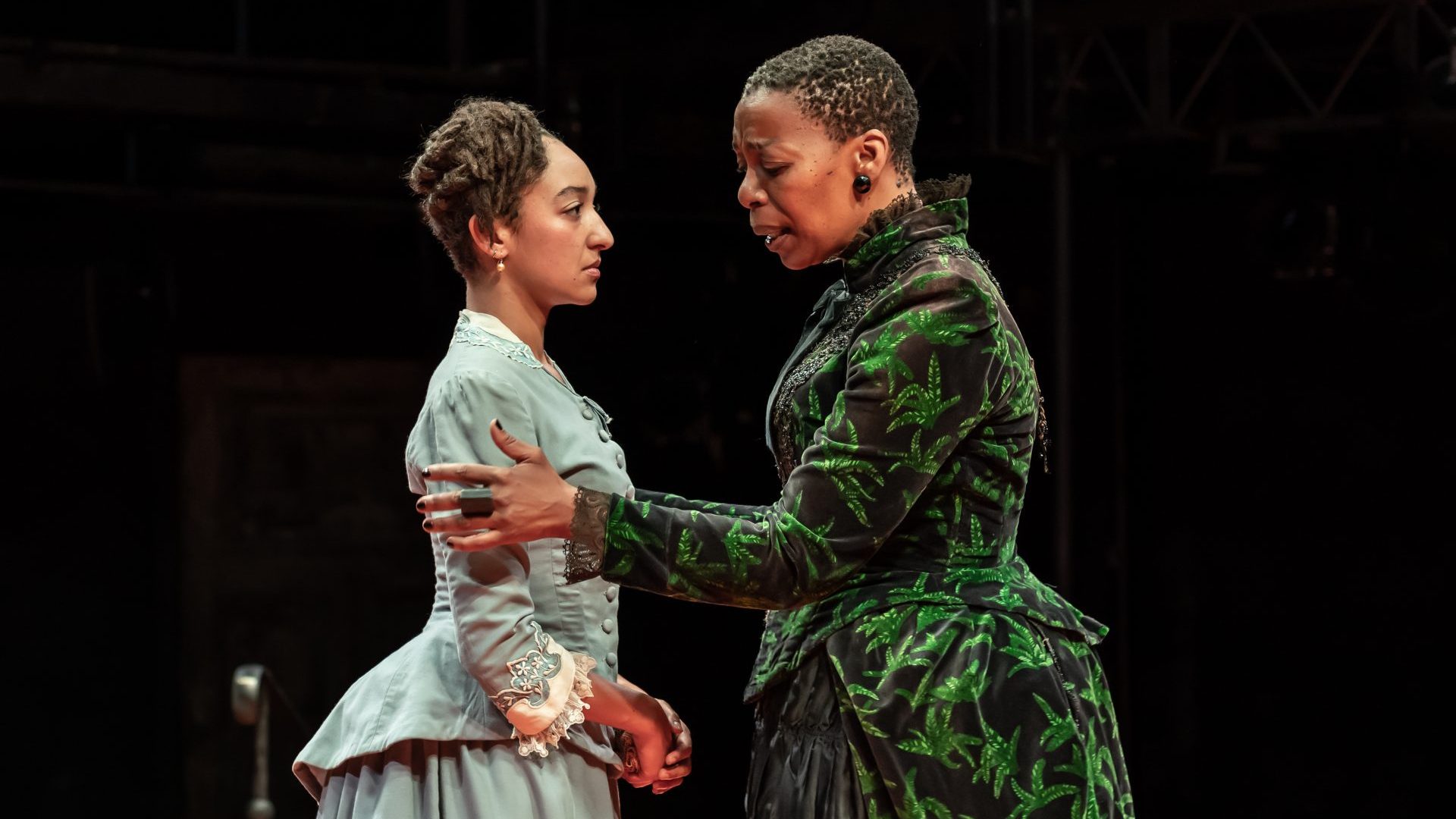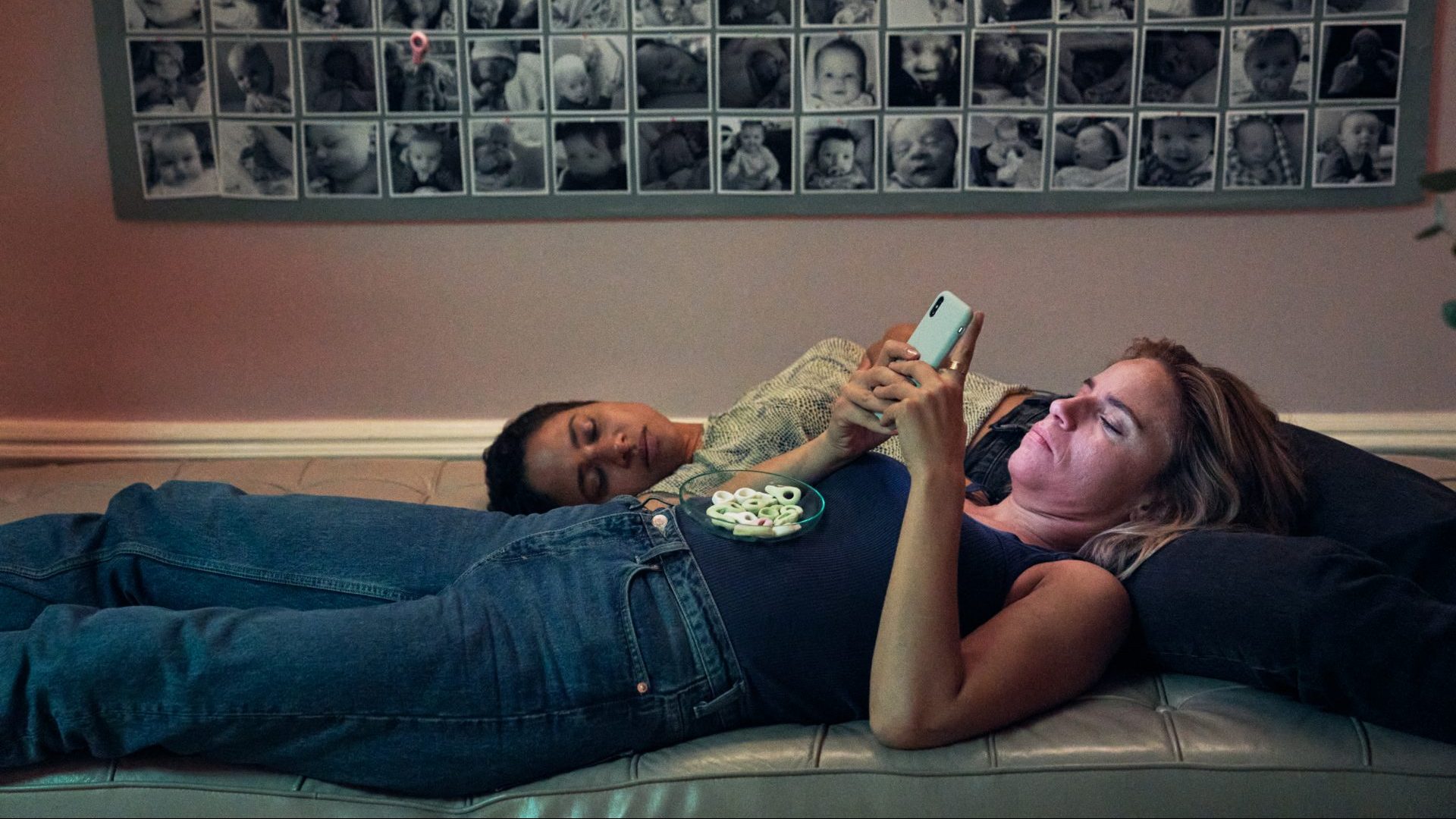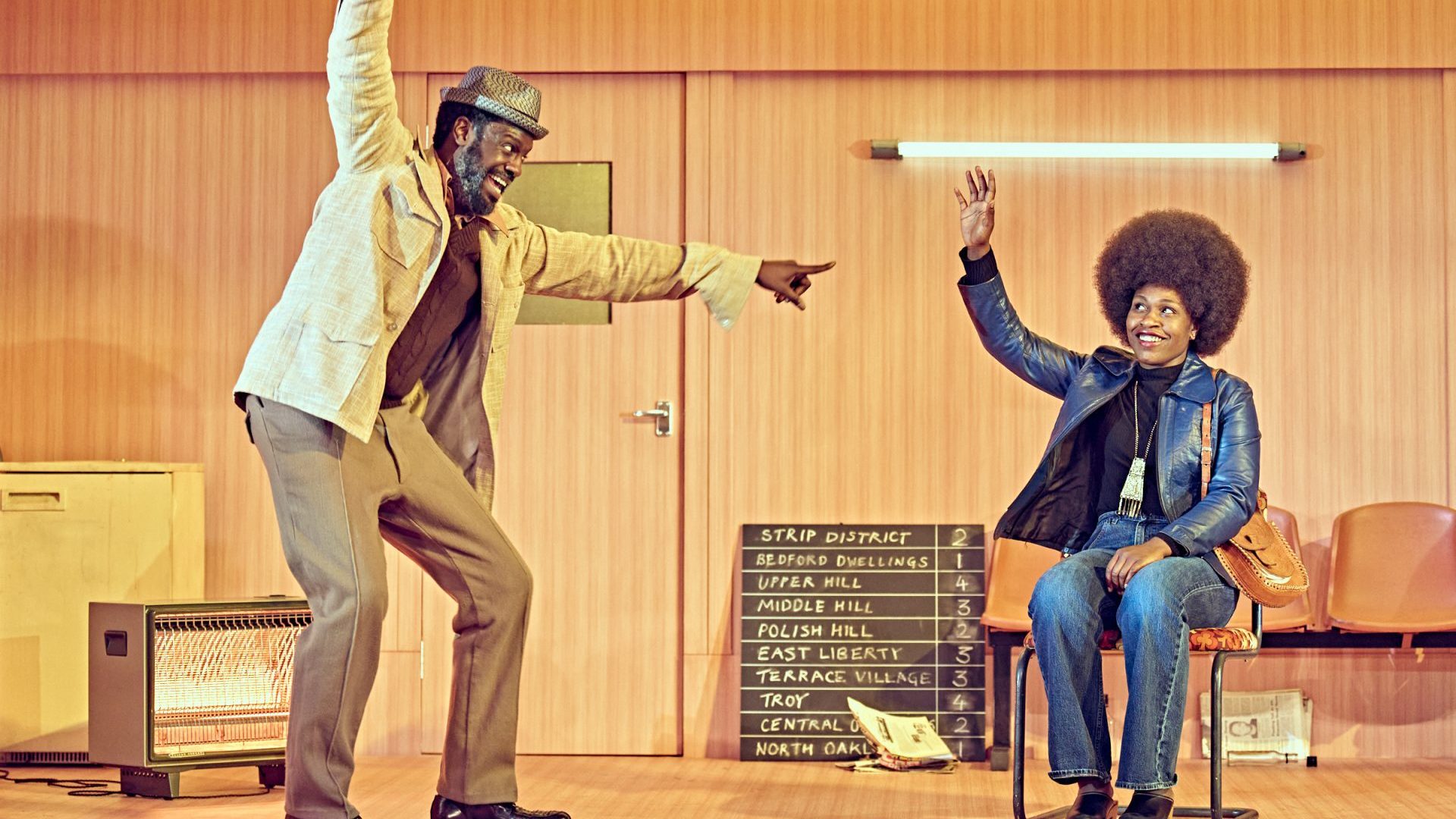A Doll’s House, Part Two
Donmar, London until August 6
Sequels sometimes take a while coming, but 138 years has to be a record. Lucas Hnath’s follow-up to Henrik Ibsen’s 1879 proto-feminist classic opened on Broadway in 2017 and has now made it to London. It occurred to me that the 37-year-old playwright must have either exceptional confidence or the
arrogance of the truly stupid to have even attempted A Doll’s House, Part 2.
The punters sitting on all four sides of the stage are confronted at the
beginning with what looks like the back of the doll’s house. A woman on
my row grumbled that obscured view seats should come at obscured view
prices. Happily, the designer Rae Smith knows what she’s about: the show begins with the house being majestically lifted up into the rafters.
June Watson as the elderly family retainer Anne Marie then laboriously and comically makes her way up on to the stage. When there is a knock at the
door and she realises it’s Nora, who walked out of the house 15 years ago –
leaving her to care for her husband, Torvald, and their children – she’s not
exactly ecstatic. The general feeling had been that Nora must have died as
how could a woman living in this period possibly be able to survive without a man?
Nora – played by the great Noma Dumezweni – explains that she has done rather well for herself, writing feminist books under a nom de plume, but has had to return because her estranged husband never got around to sorting out their divorce.
Hnath makes no attempt to emulate Ibsen’s writing style, but makes the most of all the dramatic possibilities on offer, as indeed do the actors. There’s a great entrance from Brían F. O’Byrne as the tormented Torvald, and their daughter Emmy – Patricia Allison – turns out to be a spirited and
luminescent soul. Predictably, Dumezweni shines, too, in the central role: her Nora is fierce, but also intensely human.
It’s a fine ensemble and the direction by James Macdonald is assured, but sometimes it seems all but overcome with its sense of how clever and novel it is. Ibsen liked to allow audiences to draw their own conclusions about institutions such as marriage. Hnath, by contrast, lectures and occasionally even swears at them. For all that, I enjoyed this odd show, but I definitely don’t think the joke will stretch to a Part 3.




